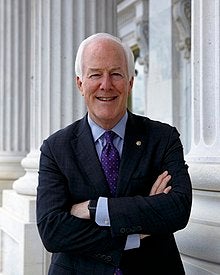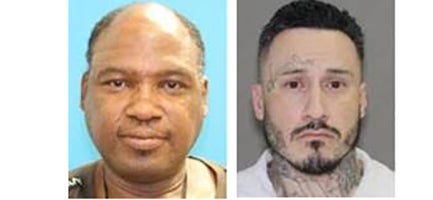Supreme Court rules for Texas in license plate case
Published 10:19 am Monday, June 22, 2015
The Supreme Court ruled Thursday that Texas is allowed to reject a license plate design that featured a Confederate battle flag in a 5-4 decision.
In a decision authored by Justice Stephen Breyer the Court held that the license plates designs are government—not private speech– and that the government is allowed to discriminate based upon content when it speaks.
Justice Alito described specialty plates as little billboards in the dessention.
“This capacious understanding of government speech takes a large and painful bite out of the First Amendment. Specialty plates may seem innocuous. They make motorists happy, and they put money in a State’s coffers. But the precedent this case sets is dangerous. While all license plates unquestionably contain some government speech (e.g., the name of the State and the numbers and/or letters identifying the vehicle), the State of Texas has converted the remaining space on its specialty plates into little mobile billboards on which motorists can display their own messages. And what Texas did here was to
reject one of the messages that members of a private group wanted to post on some of these little billboards because the State thought that many of its citizens would find the message offensive. That is blatant viewpoint discrimination,” Alito wrote.
The Texas Sons of Confederate Veterans (SCV) applied for a Texas speciality plate in 2009 and in 2010.
“Free speech is a fundamental right to which all Americans are entitled, and today’s ruling upholds Texas’s specialty license plate program and confirms that citizens cannot compel the government to speak, just as the government cannot compel citizens to speak,” Texas Attorney General Ken Paxton said. “There remains many other ways for motorists to express their views on their vehicles.”
This was the first opinion issued by the U.S. Supreme Court in a case argued by Texas Solicitor General Scott Keller, who was appointed to the position by Attorney General Ken Paxton in January. Most recently, Keller served as U.S. Senator Ted Cruz’s chief counsel. Before joining the Senator’s staff, Keller was an attorney at Yetter Coleman LLP in Austin. He clerked for U.S. Supreme Court Justice Anthony Kennedy, was a Bristow Fellow in the U.S. Department of Justice Office of the Solicitor General, and clerked for Chief Judge Alex Kozinski of the U.S. Court of Appeals for the Ninth Circuit.




